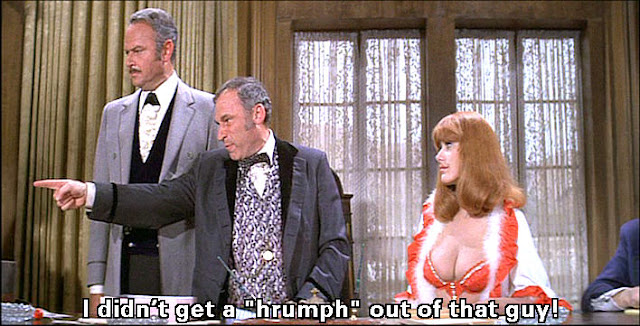In the late 1970s a particularly inept President of the United States
allowed a dangerous military imbalance to occur. The Soviets had thousands of
tanks poised to come crashing through the Fulda Gap and into West Germany. The
only viable response of the hollowed-out US Army at that time was to fall back and thrownukes at the Ruskies in hopes of slowing them down. The Germans
weren’t too happy about turning their country into a nuclear battlefield.
A few years prior a California science fiction writers
(with ties to the former Governor and not yet President named Reagan) came up with a better solution:
If you drop a hammer from the top of the Empire State Building, whatever it
lands on will get hurt real bad. Now, imagine if the hammer were dropped from
orbit. I don’t care how good Russian armor is; it won’t survive the experience.
No radiation and no fallout. Everyone should be happy. Right? Except for the
guys who think we should be in the UN. There are treaties against space-based
weapons that probably don't apply, but....
Then the science fiction writer in question, Jerry
Pournelle teamed with Larry Niven, to write a novel where they explored this
notion. Since Tom Clancy already had the 3rd-World War franchise,
Pournelle & Niven put these space-based weapons in the hands of alien
invaders.
The novel Footfall
shows an alien invasion of Earth and how we fight back. Yes, the aliens have
advanced fusion technology, and they control the high ground of space. Pournelle and Niven depict the hammer-dropped-from-orbit concept and its deadly effect. As you’d
expect, the alien invasion is a near run thing. Ultimately humanity abandons the UN Nuclear Test
Ban Treaty and takes the battle into space against the aliens in an Orion-style
ship. Cool stuff.
Fast-forward two decades. We have email, ebooks, Amazon.com
and automatic alerts sent from Amazon suggesting novels you might like. I got
one such notice suggesting To Defend TheEarth by William Stroock.
Just as everything else has advanced in the last twenty
years, so has weapons technology. We have tactical lasers, smart bullets, and
anti-artillery missiles. And so do the aliens in Mr. Stroock’s novel. They also have that hammer-dropped-from-orbit plot device. You might
regard this as an update of Footfall
to contemporary technology. But don’t. This book consists of a number of
disconnected stories set in various points around the world. You never get to
know any of the characters. Stroock tells a big story, and like H. Beam Piper’s
novel Space Viking, it’s less of a
novel and more of a novel outline. (By all means, you should read Space Viking, too.)
Instead of writing 11 short stories that each touch on a few
characters’ experience in a narrow part of the war, Mr. Stroock would have been
better off writing 11 novels following the same set of characters through the
duration of the war.
I liked the book, but did not love it. If you want your
$0.99 worth, buy To Defend The Earth.
But if you want more than 4x better novel for your money, spend $4.00 and pick up Footfall by Jerry Pournelle and Larry
Niven.

























